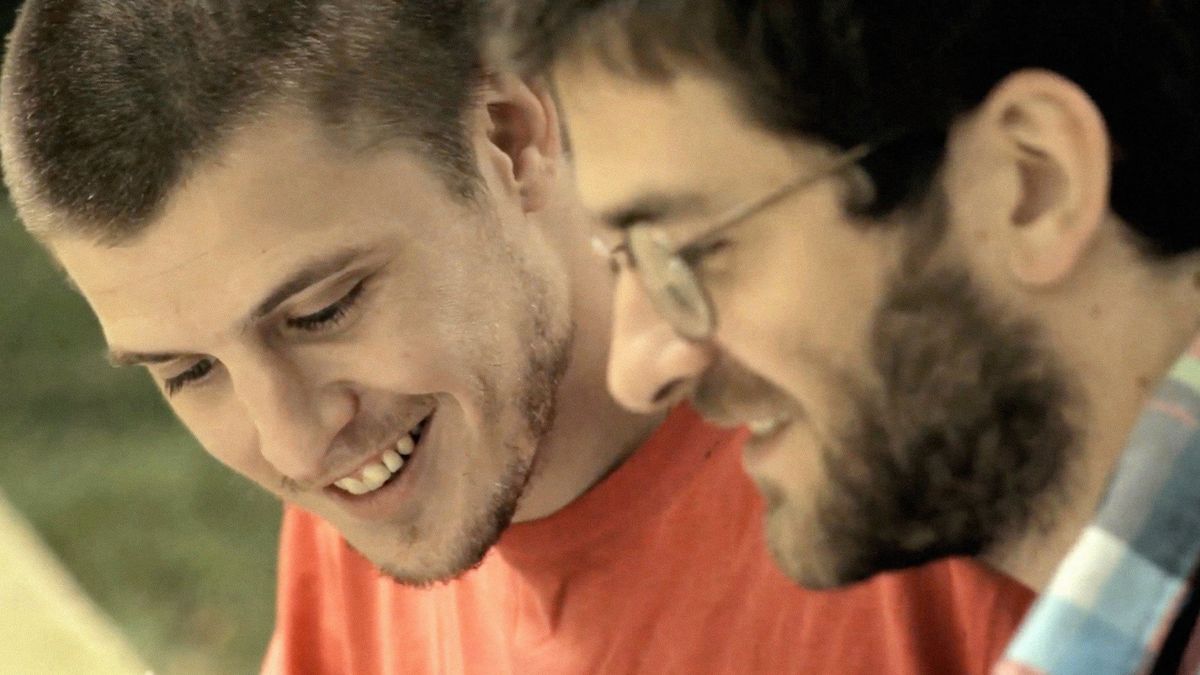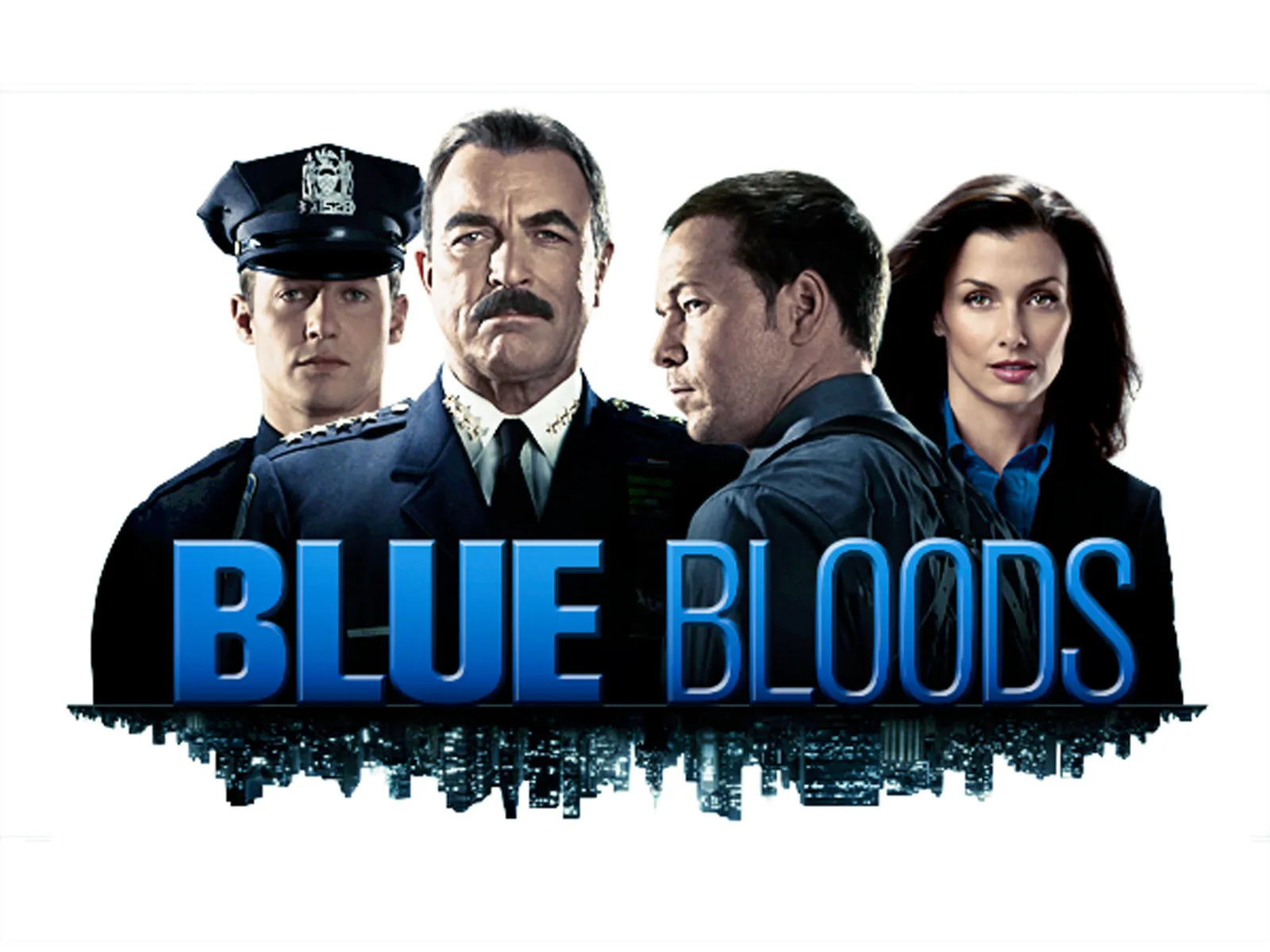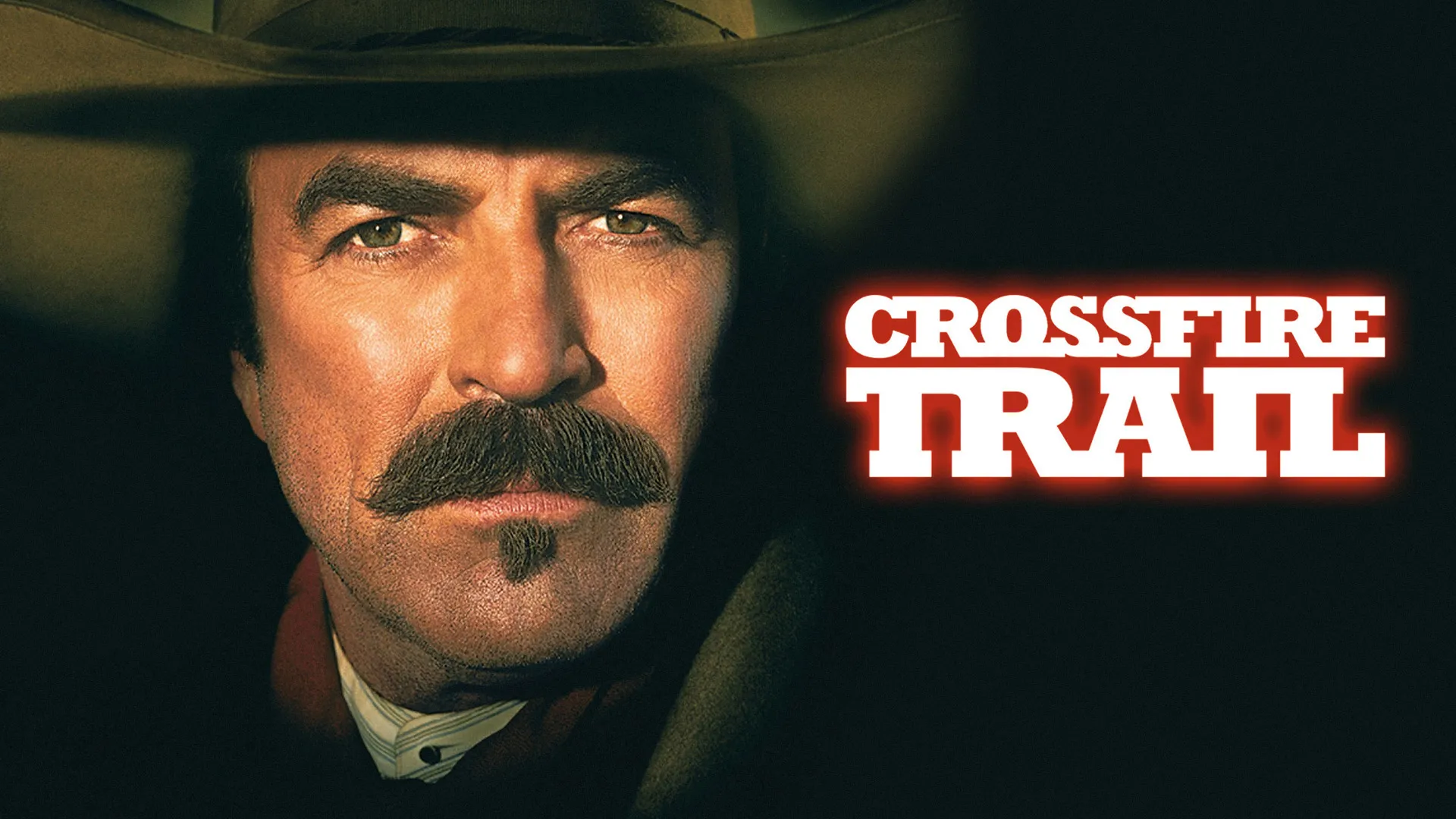Hawaii (2013), directed by Marco Berger, is a tender and intimate drama that explores themes of longing, class differences, and unspoken attraction. Set against the backdrop of an idyllic yet isolated countryside, the film follows the evolving relationship between two childhood friends, Eugenio and Martín, who are unexpectedly reunited years later. As they navigate their emotions and social barriers, their bond is tested by the tension of unexpressed desires and the fear of rejection.
The story begins when Martín, now homeless and struggling to find work, stumbles upon Eugenio’s summer house. Eugenio, a wealthy writer spending his vacation alone, recognizes Martín and offers him a temporary job maintaining the property. Though hesitant at first, Martín accepts, setting the stage for a slow-burning connection that rekindles memories from their past.

As the days pass, the two men grow closer, yet an invisible wall separates them. Martín, feeling the weight of his economic struggles and social inferiority, finds it difficult to express himself openly. Eugenio, on the other hand, struggles with his own feelings, fearing that acknowledging his attraction could change everything. The film beautifully captures this unspoken tension through lingering glances, subtle gestures, and moments of quiet intimacy.
Marco Berger’s signature slow-build storytelling allows emotions to unfold naturally, making every glance and touch feel loaded with meaning. The cinematography enhances the sense of isolation and introspection, using warm, natural light to contrast the emotional coldness both characters initially carry within them. Silence often speaks louder than words in Hawaii, making the audience deeply invested in the unspoken emotions between Eugenio and Martín.

The film also explores themes of masculinity and vulnerability. Martín’s financial hardship makes him dependent on Eugenio’s generosity, creating an unbalanced dynamic that further complicates their growing attraction. Meanwhile, Eugenio's reluctance to express his emotions highlights the fear of crossing a boundary that could ruin their fragile connection. The power struggle between them is subtle but ever-present, making their interactions both tender and tense.
One of Hawaii’s greatest strengths is its ability to capture the delicate nature of human relationships. There are no grand declarations of love, no dramatic confrontations—just two men slowly coming to terms with their emotions in a deeply personal and realistic way. The pacing, though slow for some, is intentional, allowing the audience to fully immerse themselves in the raw and authentic emotions of the characters.

As the film reaches its climax, the tension between Eugenio and Martín reaches a breaking point. In a moment of quiet vulnerability, one of them finally dares to break the silence, forcing them both to confront the reality of their feelings. Whether their relationship becomes something more or remains an unresolved longing is left open to interpretation, adding to the film’s poetic and contemplative nature.
In conclusion, Hawaii is a deeply moving and beautifully crafted film that explores love, longing, and the fear of vulnerability with incredible sensitivity. With outstanding performances, stunning cinematography, and a masterful use of silence and subtlety, Marco Berger delivers a film that lingers in the hearts of viewers long after the credits roll. Whether you’ve experienced unspoken love or simply appreciate a well-crafted character study, Hawaii is a must-watch for anyone who values emotional storytelling and nuanced performances.




